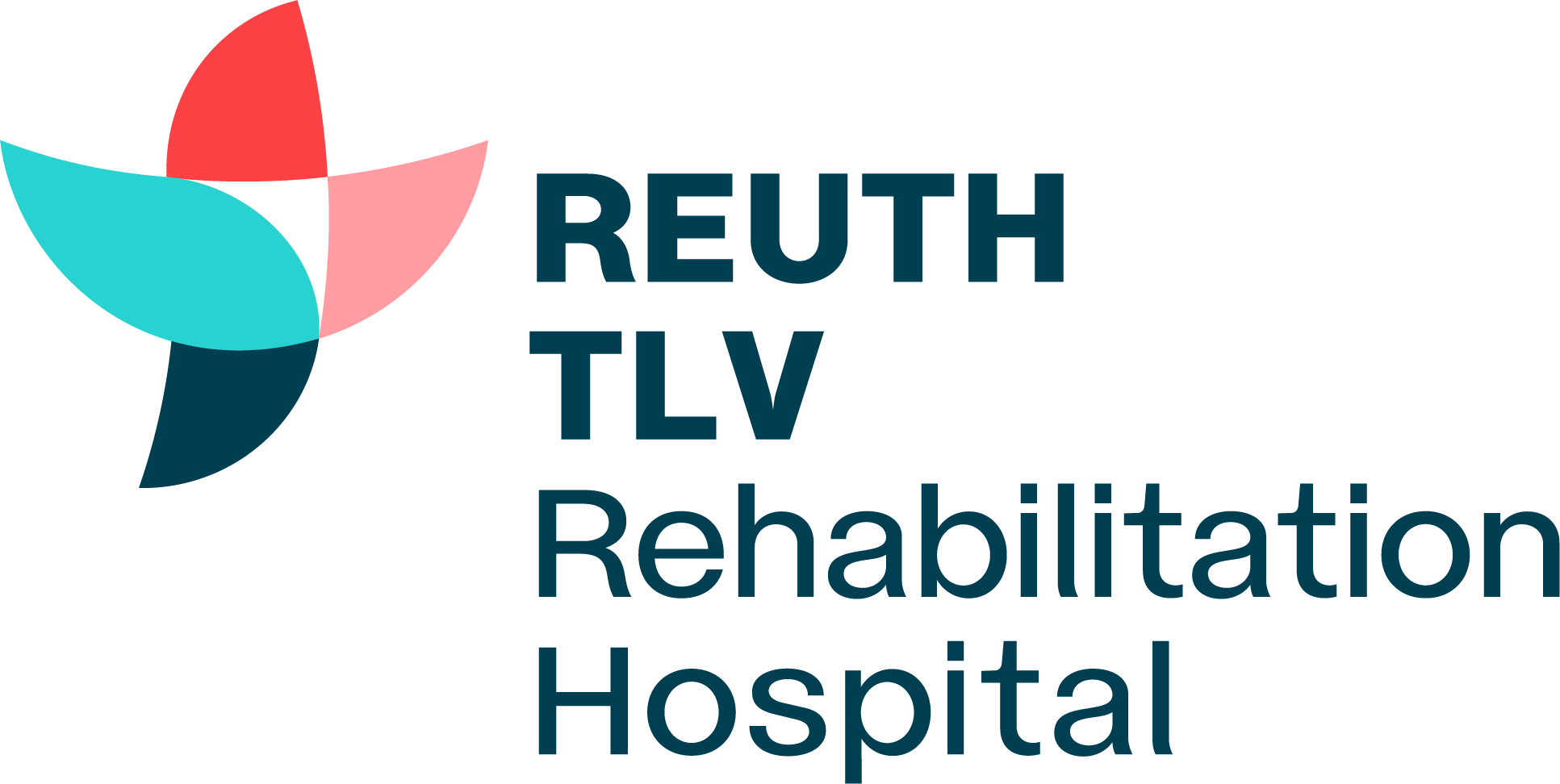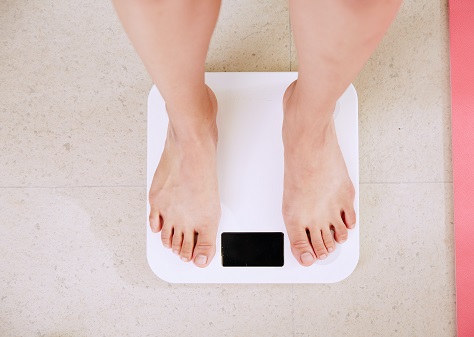Eating disorders are expressed by self harm via the body and are characterized, inter alia by adopting harmful eating habits, by body image and distorted thought processes, by over preoccupation with weight and calories and by eating accompanied by a guilty conscience and anger.
Some statistics
- 45% of women and 23% of men perceive themselves as being overweight although they have a normal BMI.
- At least 20% of women who are underweight perceive themselves as being overweight and keep to a diet with the objective of losing weight.
- Research shows that almost every young woman and half of middle-aged women have been on a diet with the objective of losing weight at least once in their lifetime.
- The yoyo effect of increasing and decreasing weight could increase the risk of heart disease and other health problems. Research has shown that a single cycle of decreasing and increasing weight constitutes a risk factor for development of heart disease later in life.
Emotional distress and eating disorders fracture
Emotional distress constitutes a source for development of eating disorders. As such the approach for treatment of eating disorders should include emotional and physiological aspects as one. The majority of cases of eating disorders develop from an emotional need on the hold point. Negative life events and crisis points place high demands on coping and as a rule are accompanied by an experience of loss of control. Experiences of a deep rupture in which it seems that the earth is opening up under our feet, accompanied by a sense of helplessness and senselessness, could lead to an experience of collapse of our internal world. Many researches carried out on the issue of development of eating disorders, as well as a clinical trial of professional women, demonstrate that one can perceive a range of pressurizing life events that constitute a background for early tendencies for eating disorders, including loss and grief, trauma and sexual harassment, as well as personalities with a difficulty in regulating emotions.
When reality becomes too overwhelming, the tendency is to adhere to issues with higher importance with the objective of preventing emotional breakdown; thus too the tendency to engage obsessively with the body and food. Instead of trying to accommodate all the intolerable concepts such as mourning, abandonment and threat, coping becomes more practical, more tangible. The distance from the obsessive occupation with food, quantities, calories, the body, weight, number, gives space to breathe.
Patients demonstrating an objection to the treatment have a concern that “it will take away from them” the eating disorder. In the recovery process from eating disorders there is a separation process which must be performed gradually, with understanding and by finding the optimal alternatives that will be able to replace the function that it serves. I believe that every experience and meeting in our lives, as well as a crisis, incorporate within them an opportunity to create a new reality.
Diet, body image, and development of eating disorders
Frequently diet constitutes a risk factor for development of eating disorders. Many people experience great difficulty in an attempt to develop and maintain a healthy and balanced approach towards diet, physical activity and weight and body image. Sometimes it seems that the more that we make an effort, thus the more we experience failure that could create a cycle with a destructive potential for development of eating disorders.
Body image is a concept that connects with self awareness, to image and self worth and how we perceive ourselves in the world. Our body image is influenced by many factors including, parenting, gender, culture, media, society, the beauty industry and the fashion industry and self worth, self perception and image. Therefore, our body image does not specifically reflect reality as we see it in the mirror or as society sees us. Many people attempt many different diets which do not work when the large majority keep to a diet due to low body image and not specifically for health reasons. Low body image as a rule is connected with diets or eating disorders such as: anorexia nervosa, bulimia nervosa and obsessive eating as well as other emotional disorders such as depression and anxiety.
The information presented in this article is general. It does not constitute medical advice or replace consultation with a physician. It should not be regarded as a recommendation or an alternative for medical treatment.
The information presented in the English website is partial. For full info please visit our Hebrew website
(image is for demonstration purposes unsplash)

 donation
donation 




“Reuth Information Center”, All rights reserved to Reuth rehabilitation hospital. Reuth Information Center is an informational site only. All information on the Website is not a replacement or a substitute for medical, legal, economic, consumer, financial or other advice and any use of the information on the Website is solely the responsibility of the User. Surfing is subject to Terms of Use.